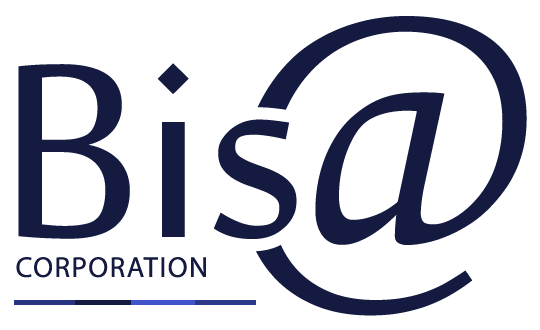.NET Core is a free and open-source, managed computer software framework for Windows, Linux, and macOS operating systems. It is an open source, cross platform successor to .NET Framework. The project is primarily developed by Microsoft and released under the MIT License.
.NET Core supports four cross-platform scenarios: ASP.NET Core web apps, command-line apps, libraries, and Universal Windows Platform apps. Prior to .NET Core 3.0, it did not implement Windows Forms or Windows Presentation Foundation (WPF) which render the standard GUI for desktop software on Windows, however, .NET Core 3 supports desktop technologies WinForms, WPF and Universal Windows Platform (UWP). .NET Core supports use of NuGet packages. Unlike .NET Framework, which is serviced using Windows Update, .NET Core relies on its package manager to receive updates.
Similar to how the .NET Framework implements the Common Language Infrastructure (CLI) via the Common Language Runtime (CLR) and the Framework Class Library (FCL), the two main components of .NET Core are CoreCLR and CoreFX, respectively.
As a CLI implementation of Virtual Execution System (VES), CoreCLR is a complete runtime and virtual machine for managed execution of .NET programs and includes a just-in-time compiler called RyuJIT. .NET Core also contains CoreRT, the .NET Native runtime optimized to be integrated into AOT compiled native binaries.
As a CLI implementation of the foundational Standard Libraries, CoreFX shares a subset of .NET Framework APIs, however, it also comes with its own APIs that are not part of the .NET Framework. A variant of the .NET Core library is used for UWP.
The .NET Core command-line interface offers an execution entry point for operating systems and provides developer services like compilation and package management.



